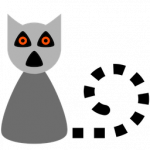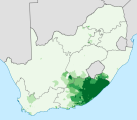AI-driven language biomarkers for early detection and progression of cognitive decline
2026
-
2029
This project investigates speech and language as early markers of cognitive decline by integrating linguistic analysis with neuropsychological tests and biomarkers. Using large-scale, clinically validated datasets and state-of-the-art AI methods, it aims to identify, combine, and track linguistic, cognitive, and behavioral indicators to improve early diagnosis, monitoring, and prognosis of dementia.
-
Dimitrios Kokkinakis
-
Charalambos Themistocleous
-
Lina Rydén
-
Johan Skoog
- cognitive decline
- linguistic biomarkers
- language disorders
- neuropsychological tests






